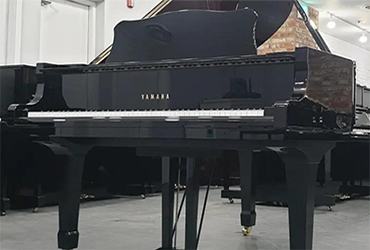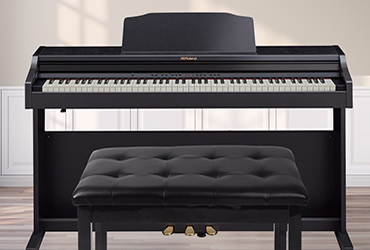Recently, the melodious melody of the piano world was disrupted by a heavy stop suddenly inserted. The bankruptcy and reorganization of the German factory of the 189-year-old piano brand Grotrian-Steinweg (Gao Tian Steinway, hereinafter referred to as "Gao Tian Piano") shook the musical instrument market.
As one of the world's eight top piano brands, Gao Tian Piano has carried the blood and dreams of six generations of craftsmen. It also fell into "crisis" in 2015. "In order to ensure that this national treasure piano brand, which has carried the essence of the development of the world piano industry in the past two hundred years, will not be forgotten." At that time, China's Perth Music Group (hereinafter referred to as "Perth Music") fully acquired the brand's German factory, and the market also regarded this as a prelude to the rebirth of Gao Tian Piano.
However, today, Gao Tian Piano's German factory is in trouble again. What went wrong?
"Not only are the local employees facing bankruptcy and liquidation [of the factory], but they can't pay their salaries. The Gaotian Piano Competition is still being held in China. Many places have collected competition fees, and the commissions of the teachers in the partner institutions have also been paid out." Hu Chen (a pseudonym), a veteran industry person who is very familiar with Gaotian Piano and Perth Music, said in an interview with the "Daily Economic News" reporter, "The finalists will eventually go to Germany to compete, but now [the factory goes bankrupt], there is no more there."
is not only the bankruptcy of foreign established piano manufacturers, but also the life of domestic piano giants is not easy. In the first half of 2024, Zhujiang Piano lost 73.27 million yuan, which is the first time in the 12 years since the company went public that the semi-annual net profit to the parent is negative, and the inventory pressure
The reporter visited and learned that the piano industry has declined, and the "second-hand piano has fallen more fiercely" has made practitioners stand at the crossroads of transformation. Can they find an opportunity to bottom out? As the largest country in piano, how can China's piano industry play the music after the break?









